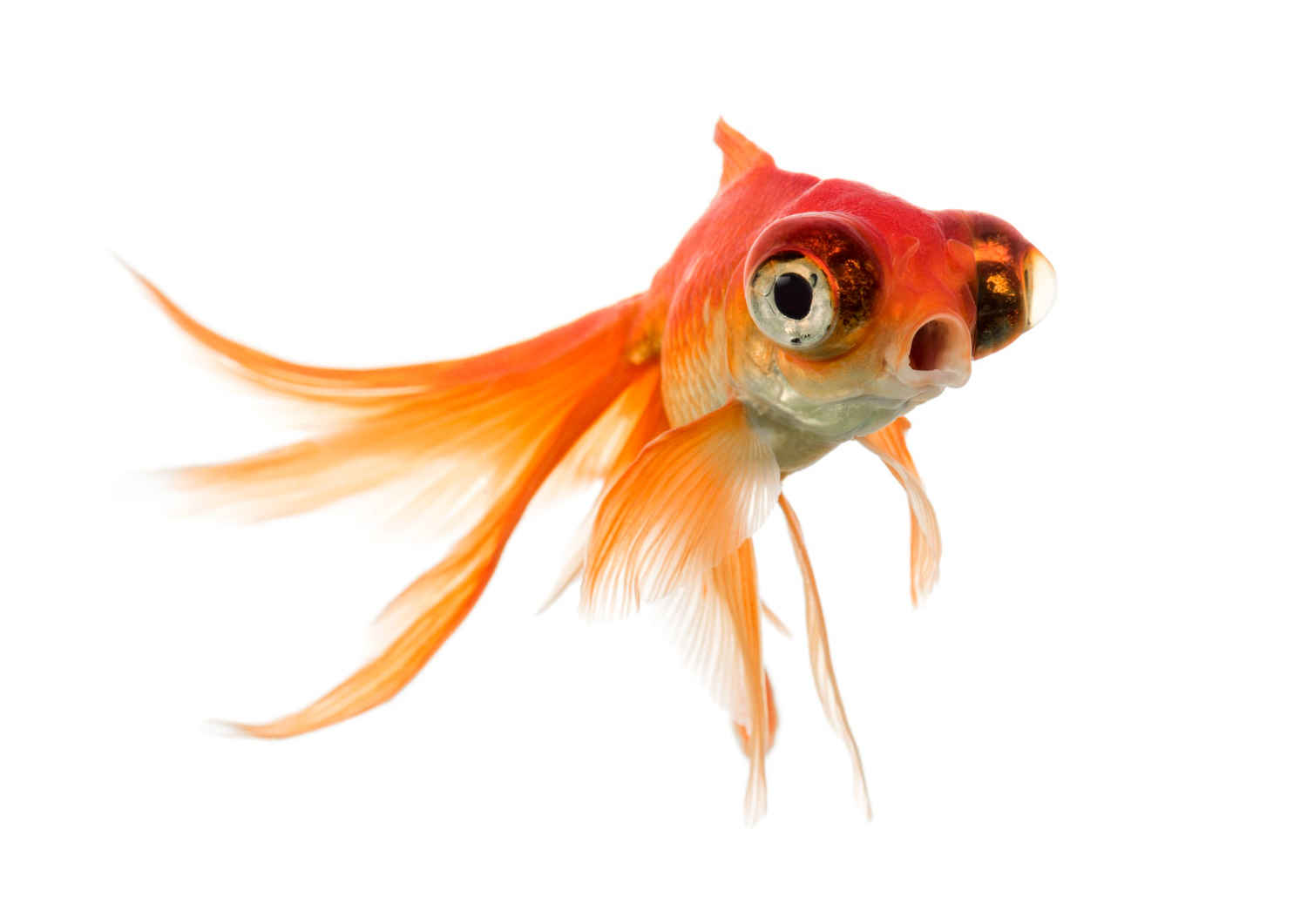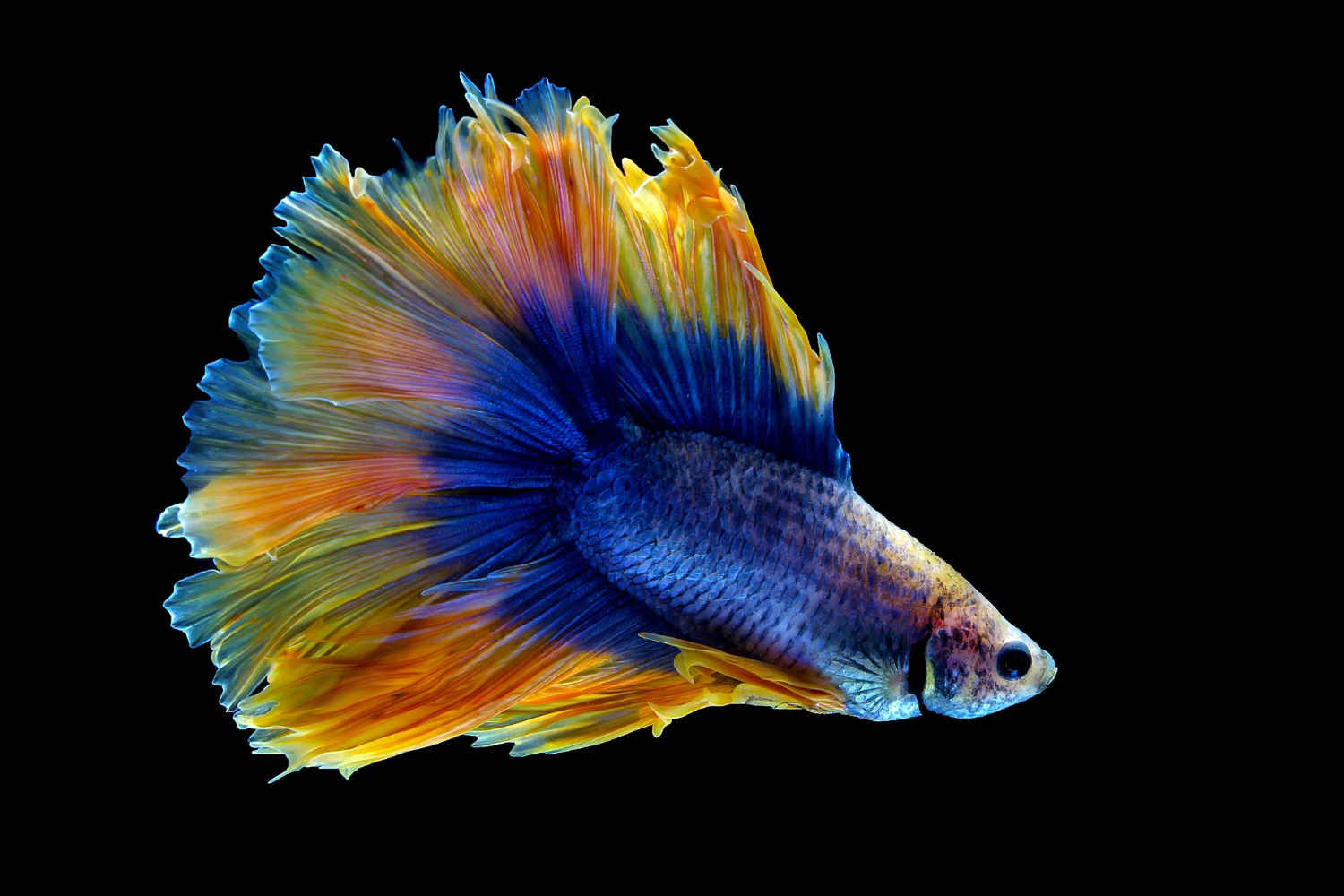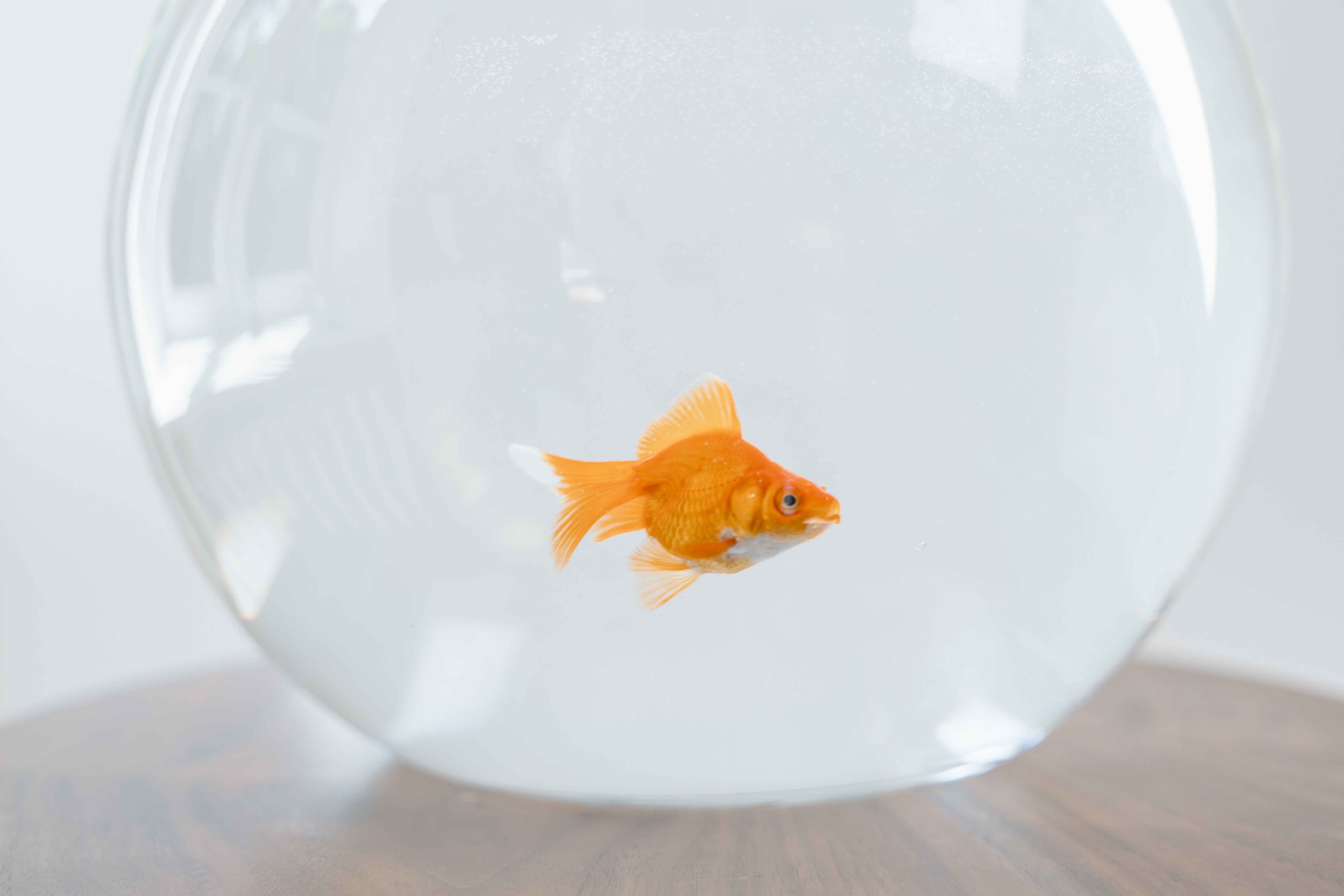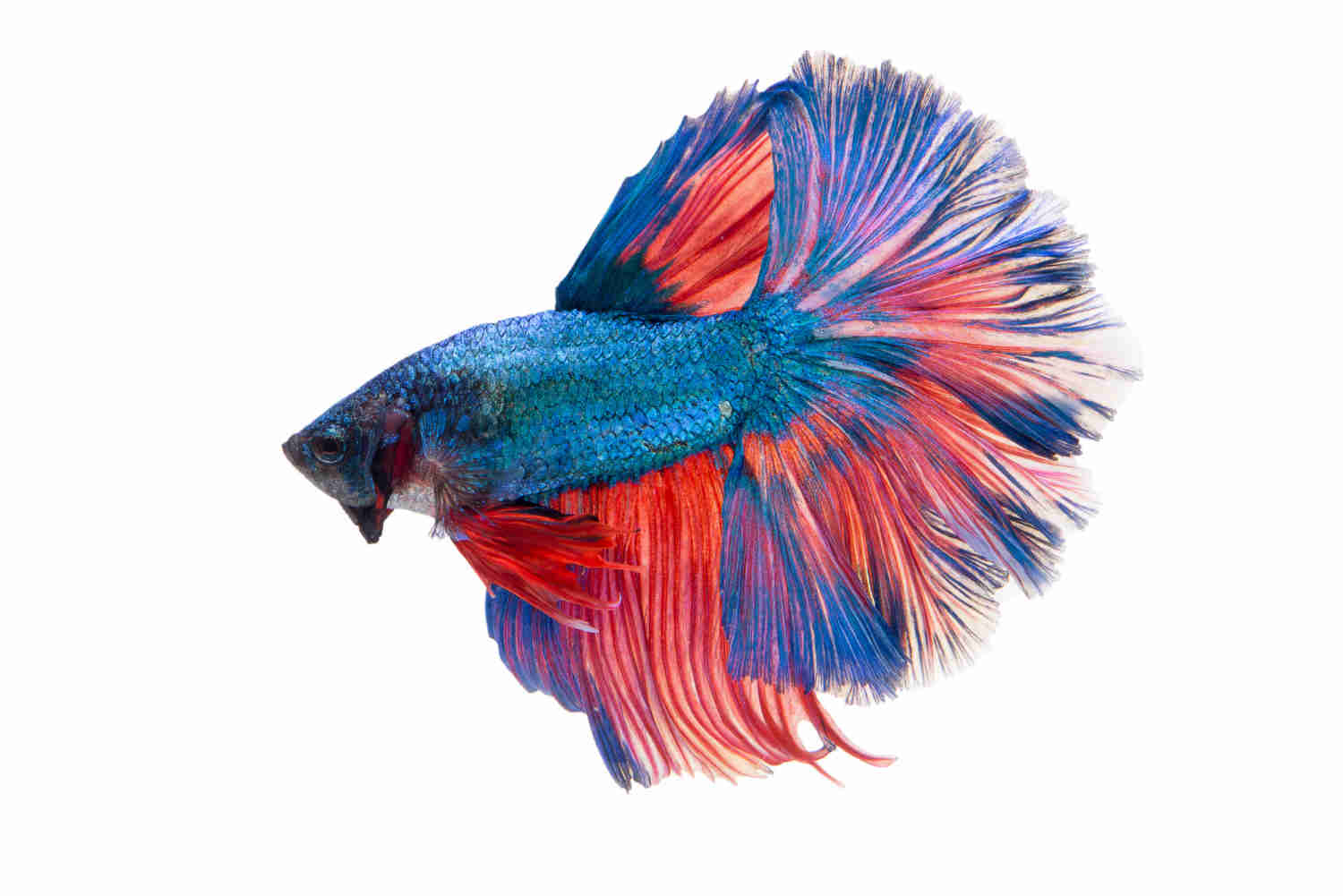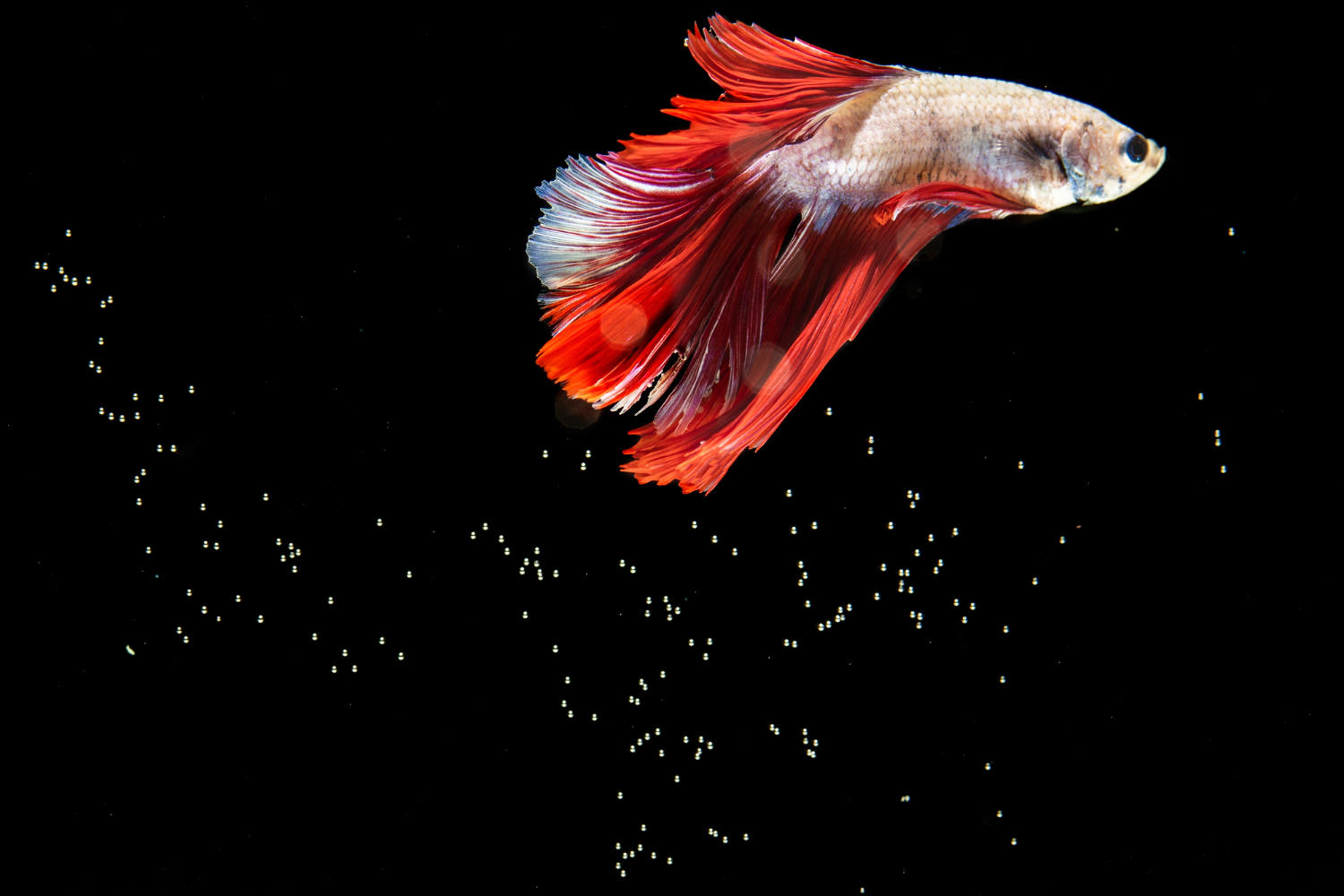Fish are fascinating creatures that have been kept as pets for centuries. They are beautiful, calming, and can bring a lot of joy to their owners. However, being a fish owner comes with a responsibility to take care of their health and wellbeing. Sometimes, despite your best efforts, your fish may fall ill or even die. As a fish owner, it’s essential to know the signs of a dying fish, so you can recognize when your fish is in trouble and take appropriate action. In this blog post, we’ll discuss how to spot the signs of a dying fish, what you can do to prevent illness, and what to do if your fish is sick. So, let’s dive in and learn how to keep our fish healthy and happy!
Is Your Fish in Trouble? How to Spot the Signs of a Dying Fish
Fish are wonderful pets that bring life and color to any room. They are fascinating creatures, and caring for them can be a relaxing and rewarding experience. However, fish can also get sick and die, and it is important to know the signs of a dying fish so that you can take action and provide the necessary care.
In this blog post, we will discuss the common signs of a dying fish, what causes fish to die, and what you can do to prevent fish from dying prematurely.
Signs of a Dying Fish
There are several signs that your fish may be in trouble. Some of the most common signs of a dying fish include:
- Lethargy: If your fish is not swimming around as much as usual and seems to be spending a lot of time at the bottom of the tank, it may be a sign that something is wrong.
-
Loss of appetite: If your fish is not eating or seems to be eating less than usual, it may be a sign that it is not feeling well.
-
Difficulty breathing: If your fish is gasping for air or seems to be having trouble breathing, it may be a sign of a respiratory problem.
-
Discoloration: If your fish has developed unusual coloration or has developed white spots or other abnormalities, it may be a sign of a parasitic infection.
-
Cloudy eyes: If your fish’s eyes look cloudy or milky, it may be a sign of an eye infection.
-
Erratic swimming: If your fish is swimming erratically or seems to be having trouble maintaining its balance, it may be a sign of a neurological issue.
-
Fins clamped: If your fish’s fins are clamped close to its body, it may be a sign of stress or illness.
Causes of Fish Dying
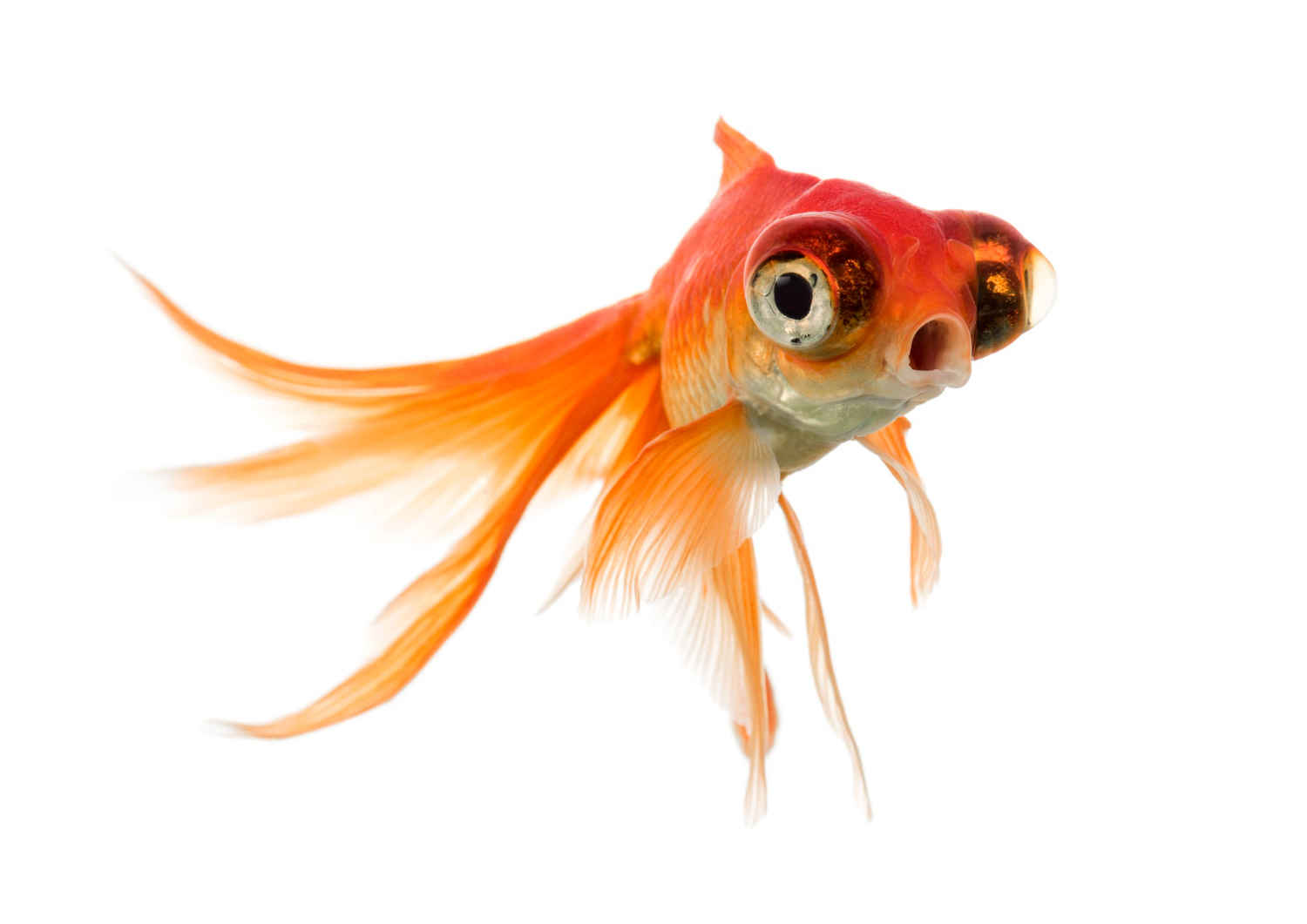
There are several reasons why fish may become sick and die. Some of the most common causes of fish dying include:
- Poor water quality: Fish need clean water to survive, and if the water in their tank is not properly maintained, it can lead to illness and death.
-
Overfeeding: Overfeeding can lead to poor water quality and also cause digestive problems in fish.
-
Overcrowding: Overcrowding can lead to stress and aggression among fish, which can result in illness and death.
-
Disease: Fish can be susceptible to various diseases, including bacterial and parasitic infections.
-
Incompatible tank mates: Some fish species are not compatible with others, and keeping them in the same tank can lead to stress, aggression, and death.
How to Prevent Fish from Dying
Preventing fish from dying requires proper care and maintenance of their tank and environment. Some of the things you can do to prevent fish from dying include:
- Regular water changes: Regular water changes are essential for maintaining water quality and helping to prevent the growth of harmful bacteria and parasites.
-
Proper feeding: Feed your fish a balanced diet and avoid overfeeding.
-
Proper tank size: Make sure your fish have enough room to swim and are not overcrowded.
-
Compatible tank mates: Research the species of fish you want to keep and make sure they are compatible with each other.
-
Quarantine new fish: Always quarantine new fish for a period of time before adding them to your main tank to prevent the spread of disease.
Fish are wonderful pets that can bring joy and relaxation to your life. However, they can also become sick and die if not properly cared for. By knowing the signs of a dying fish, understanding the causes of fish dying, and taking steps to prevent fish from dying, you can provide your fish with the care they need to thrive and live a happy and healthy life.
In conclusion, keeping a watchful eye on your fish’s behavior and health is crucial to maintaining their well-being. By knowing the signs of a dying fish, you can take immediate action to save their life. Remember, prevention is always better than cure, so make sure you provide your fish with a healthy and clean environment, proper nutrition, and regular check-ups. With the right care and attention, your fish can live a long and happy life, bringing joy and tranquility to your home.
Please follow us on Social Media


